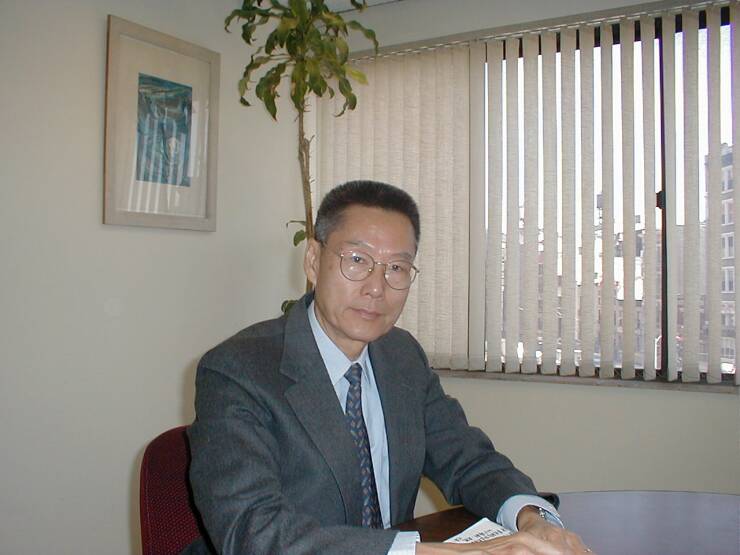Since the financial crisis has ended, the public has struggled to make sense of why big-bank CEOs weren’t pursued for their role in originating and selling faulty mortgages on a massive scale.
A new PBS "Frontline" documentary that aired Tuesday evening, “Abacus: Small Enough to Jail,” may reignite those questions. It tells the story of Thomas Sung, a Chinese immigrant and attorney who started a bank in Chinatown that became
The documentary raises the question of why New York officials devoted five years to prosecuting the $300 million-asset Abacus Federal Savings Bank for 30 mortgages with alleged fake documentation, but didn't go after the many large banks that originated thousands of fraudulent home loans.
“There was this notion that we couldn’t bring criminal action against them because the collateral consequences of an institution that was so large, so internationally connected, that indicting them or bringing criminal charges against them could wreck the entire financial system,” Neil Barofsky, former head of mortgage fraud at the U.S. Attorney’s Office in New York, says in the program.

The program is sympathetic to Sung and his three daughters, who work at the bank and fought the case alongside him. Sung is shown watching “It’s a Wonderful Life” with his wife, speaking of the movie's hero, small-town banker George Bailey, as an inspiration, and strategizing with his daughters. The cameras frequently cut to scenes of street life in Chinatown.
Even so, the documentary takes a deep dive into the charges brought against the bank and interviews Cyrus Vance, the New York district attorney, and colleagues who worked on the case. It also features a juror in the trial who thought the bank should have been found guilty.
The case against Abacus
The DA's office charged that the bank defrauded Fannie Mae by submitting mortgages with fraudulent documents.
In December 2009, the bank's president, Jill Sung, caught a loan officer, Ken Yu, accepting a “tip” from a customer and committing fraud. She fired him the same day and hired an outside consultant, a former federal prosecutor, to investigate.
The investigation uncovered misconduct of two other loan officers. “Nothing at the level of Ken Yu, but we fired them nonetheless,” Jill Sung says in the program.
The bank's management also reported the finding to Abacus' regulator at the time, the Office of Thrift Supervision.
A borrower complained about stolen money. The bank suggested she file a complaint with the police.
The district attorney investigated the case and found irregularities in the bank’s loans. For instance, some loans were backed with “gifts” that turned out to be a borrower handing a loan officer $9,000 in cash and the loan officer writing a check for the amount and using it to back the loan. (Many Chinatown businesses are cash-based and do not report all their earnings to the IRS. The bank saw its role as a provider of credit, not as an enforcer for the IRS.)
The DA’s office determined that the loan office was thoroughly corrupt, and saw the bank as legally responsible.
It indicted 19 employees of the bank and staged a chain-gang-style photo op for New York journalists, with the employees all handcuffed to each other and paraded to the courtroom in front of photographers. The announcement
Thomas Sung approached customers on the line, shook their hands and said, “I’m here.” The run subsided. People came back and deposited money.
Abacus fought the indictment in court.
Five years and $10 million later
The DA’s office made Ken Yu its star witness. The documentary makes the case that Yu repeatedly perjured himself on the stand, changing his story and contradicting himself. The jury struggled to understand how much bank management knew about the fraud.
During the five-year period of the alleged fraud, Abacus sold 3,000 mortgages to Fannie Mae. A total of nine defaulted. All the loans cited in the case continue to perform or have been paid off.
In the end, after a five-year investigation and a lengthy trial, the jury acquitted the bank and its managers. Ken Yu served six months in jail.
The litigation cost the bank $10 million.
Asked if the case against Abacus might have been racially motivated, Vance says in the show, “I felt that our handling of the bank was consistent with how we would have handled the bank if we were investigating a bank that serviced a South American community or the Indian community."
The case matters because what happened to Abacus continues.




